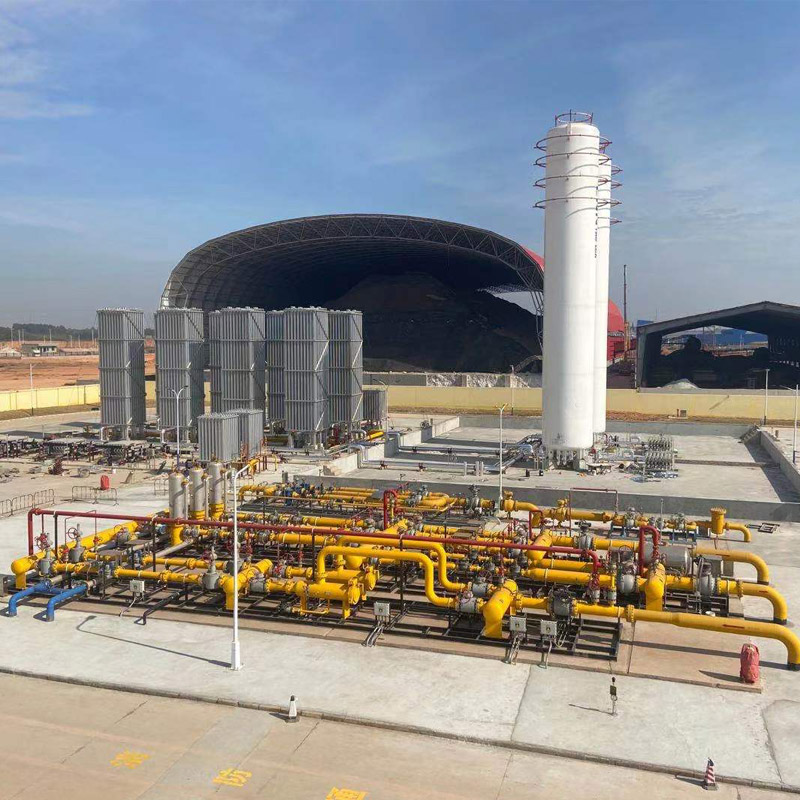
Nov . 03, 2024 09:47
Back to list
gas filtration
Gas filtration is a crucial process in various industries, aimed at removing contaminants from gas streams to ensure environmental compliance and protect both human health and equipment. This method plays an integral role in air pollution control, providing a means to filter out harmful particles, gases, and vapors before they are released into the atmosphere.
The primary goal of gas filtration is to capture particulate matter, such as dust, soot, and aerosols, along with gaseous pollutants like volatile organic compounds (VOCs) and other hazardous substances. Various filtration technologies exist, each tailored to specific applications and pollutant types. Some of the most common methods include HEPA filters, electrostatic precipitators, activated carbon filters, and scrubbing systems.
HEPA (High Efficiency Particulate Air) filters are renowned for their ability to capture at least 99.97% of particles that are 0.3 microns in size. They are widely used in cleanrooms, hospitals, and manufacturing facilities where air quality is critical. On the other hand, electrostatic precipitators utilize electrical charges to remove particles from gases, making them suitable for industrial applications where large volumes of air need to be treated effectively.
Activated carbon filters are particularly effective for adsorbing gaseous pollutants. These filters trap VOCs and other chemicals through the process of adsorption, where molecules adhere to the surface of the carbon material. This technology is commonly used in air purification systems and indoor environments to ensure that harmful gases do not compromise air quality.
gas filtration

Scrubbing systems, which often employ a liquid medium to capture contaminants, are vital in industries dealing with corrosive gases or those that require the absorption of specific compounds. These systems can neutralize acidic gases and are frequently used in power plants and chemical processing facilities.
The importance of gas filtration extends beyond regulatory compliance; it also supports sustainability efforts by reducing emissions and conserving resources
. As industries continue to face more stringent environmental regulations, the demand for efficient gas filtration systems is likely to grow. Furthermore, advancements in technology, such as the development of more efficient materials and smart filtration systems, will enhance our ability to address the challenges of air pollution.In conclusion, gas filtration is an essential component of modern pollutant management, ensuring cleaner air and a healthier environment. As technologies evolve, we can expect even better solutions to mitigate the impact of industrial activities on air quality, safeguarding both public health and the planet.
Next:
Latest news
-
Safety Valve Spring-Loaded Design Overpressure ProtectionNewsJul.25,2025
-
Precision Voltage Regulator AC5 Accuracy Grade PerformanceNewsJul.25,2025
-
Natural Gas Pressure Regulating Skid Industrial Pipeline ApplicationsNewsJul.25,2025
-
Natural Gas Filter Stainless Steel Mesh Element DesignNewsJul.25,2025
-
Gas Pressure Regulator Valve Direct-Acting Spring-Loaded DesignNewsJul.25,2025
-
Decompression Equipment Multi-Stage Heat Exchange System DesignNewsJul.25,2025

